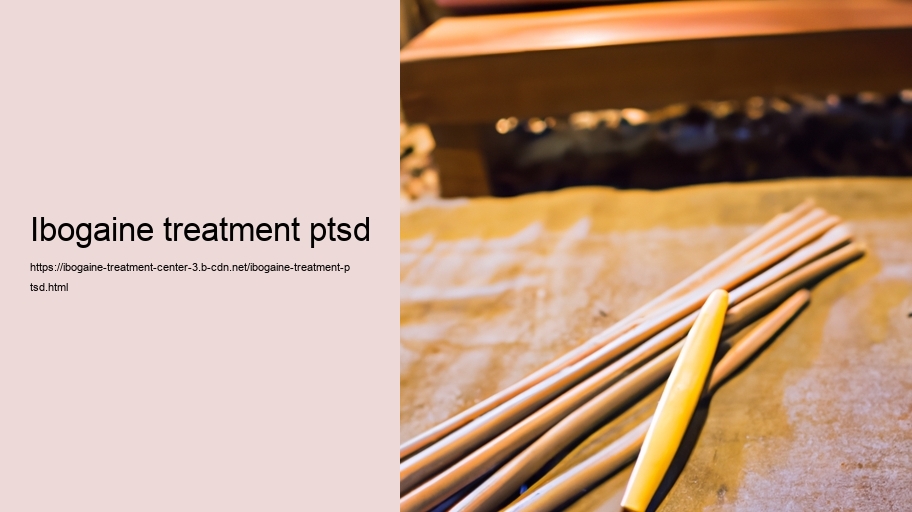Ibogaine Treatment for PTSD: A Glimpse into the Controversial Therapy
Post-traumatic stress disorder (PTSD) is a mental health condition that's triggered by witnessing or experiencing a terrifying event. Symptoms may include flashbacks, nightmares, severe anxiety, and uncontrollable thoughts about the event. Traditional treatments for PTSD typically involve psychotherapy and medication. However, some individuals have turned to alternative therapies when conventional methods are ineffective or insufficient. One such controversial treatment is ibogaine therapy.
Ibogaine is a naturally occurring psychoactive substance derived from the root bark of an African shrub called Tabernanthe iboga. Historically used in spiritual ceremonies by indigenous West Africans, ibogaine has gained attention in the Western world as a potential treatment for various forms of addiction and psychological disorders including PTSD.
The interest in ibogane as a therapeutic agent for PTSD stems from its unique pharmacological profile. Ibogaine affects several neurotransmitter systems simultaneously; it acts on opioid receptors like morphine or heroin, which could explain its purported ability to reduce drug cravings and withdrawal symptoms. Moreover, it stimulates the release of neurotrophic factors that promote neural plasticity—potentially aiding in the repair and growth of new brain cells—and impacts areas of the brain implicated in trauma-related memories.
Proponents of ibogaine therapy argue that it can facilitate a deep introspective state that allows individuals with PTSD to confront traumatic memories in a manner that feels safer and more controlled than they might otherwise experience. During an ibagaine session—which can last anywhere from 24 to 48 hours—patients often report going through an intense psychological journey where they relive life experiences and gain insights into their traumas.
Despite anecdotal success stories circulating among patients and certain practitioners, there is still much skepticism within the medical community regarding ibogaine treatment for PTSD due to limited scientific research supporting its efficacy and safety. Ibogane remains illegal in many countries including the United States where it's classified as a Schedule I substance under the Controlled Substances Act - indicating no accepted medical use and high potential for abuse.
There are also significant risks associated with using ibogaïne which cannot be understated—especially without proper medical supervision. It can cause cardiac arrhythmias, acute liver failure, seizures or even death if not administered correctly or if taken by individuals with underlying health issues.
Given these substantial risks and uncertainties surrounding its effectiveness as treatment modality specifically for PTSD—ethical considerations arise concerning offering unproven interventions outside regulated clinical trials framework . Nonetheless , ongoing preclinical studies animal models human case reports suggest there may indeed be therapeutic potential worth exploring further through rigorous scientific investigation .
It’s crucial any person considering this form therapy does thorough research consults healthcare professionals understands legal implications proceeding . Additionally advocates calling increased funding well-designed clinical trials establish whether benefits truly outweigh dangers associated use .
In conclusion while exciting possibility exist horizon those suffering debilitating effects post-traumatic stress disorder must proceed caution optimism regard ingesting powerful mind-altering substances like i bogai ne . Until we have more concrete evidence-based data guiding us towards safe ethical application this intriguing yet contentious tool our arsenal against complex afflictions mind remains both fascination cautionary tale modern quest heal human psyche .
